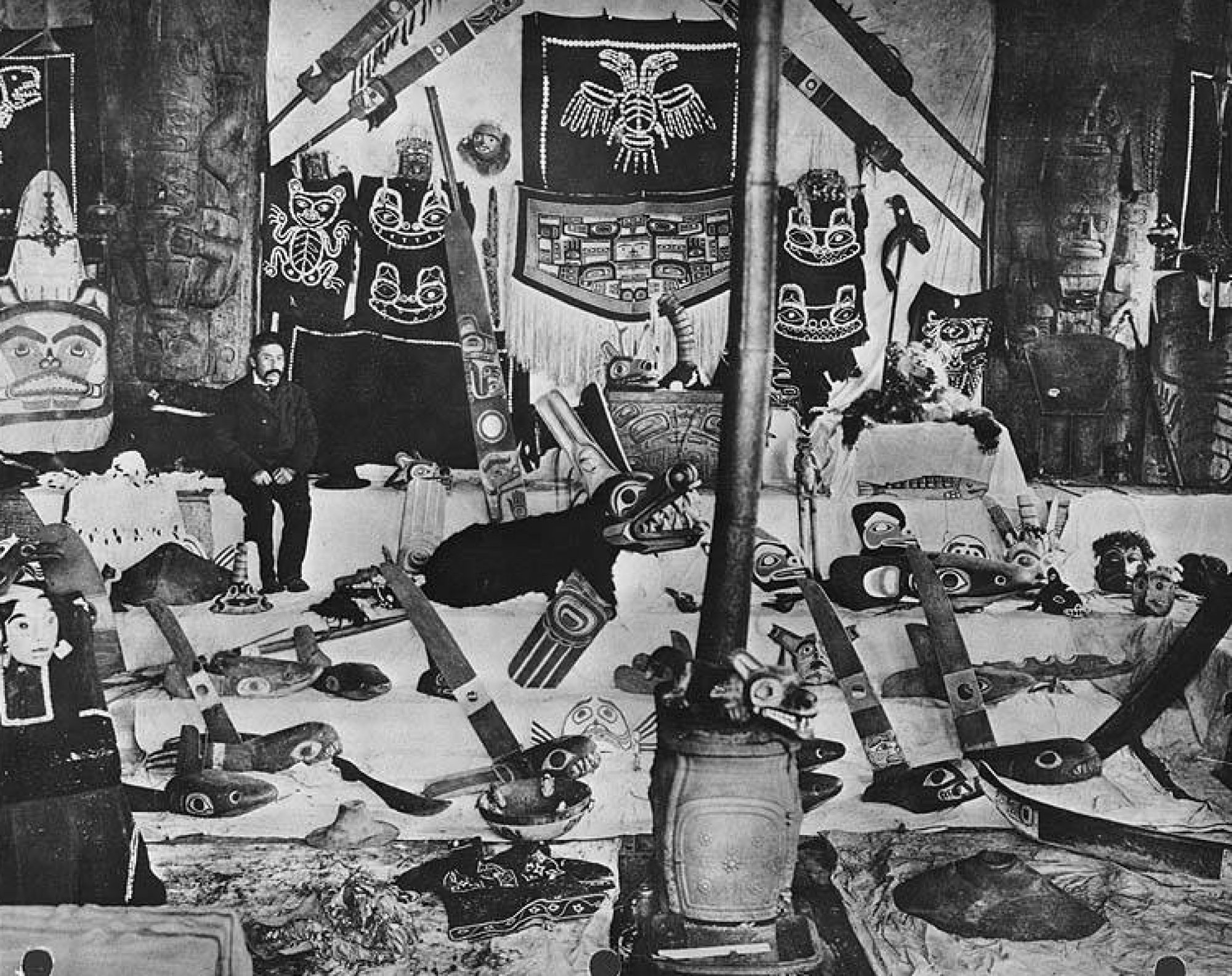Biographical Timeline | Leadership Qualities |ND Voting Rights|References
Courageous- Elizabeth Peratrovich is one of the most influential Alaskan Native people to fight against Jim Crow Laws in Alaska. This Tlingit woman recognized her ability to fight the segregation occurring across her state when she became the leader of the Alaskan Native Sisterhood. She moved away from her village in Klawock to Juneau, where she believed that her and her husband could face the racial discrimination head on. When the legislature was out on an anti-discrimination bill, she organized lobbying forays to the capitol with members of the Alaskan Native Sisterhood and Alaskan Native Brotherhood. It was there that she addressed the Senate with her famous opening line, “I would not have expected that I, who am barely out of savagery, would have to remind the gentlemen with 5,000 years of recorded civilization behind them of our Bill of Rights.” She is a courageous leader because she took it upon herself to speak for her people against the outright racism that Indigenous peoples of Alaska were facing. In spite of open discrimination like signs that read, “No Natives Allowed, No Dogs Allowed,” she showed courage by standing her ground before a senate of white men who held the fate of her people in their hands. She stood tall and proud, and eloquently fought for and helped achieve the first civil rights bill to be passed in the United States.
Resilient- Elizabeth Peratrovich stood up against the oppressive treatment of Alaskan Native peoples during the Jim Crow laws of the mid-1900s. The outward racism that was experienced by all Alaskan Natives through laws and social injustices inspired Peratrovich to stand up for her people. Despite the many hurdles she faced as an Indigenous woman she rose up and spoke out to ensure the equal treatment of Alaskan Natives. On February 16th, 2020 Alaska celebrated the 75th anniversary of Elizabeth Peratrovich’s famous speech to the territorial legislature of Alaska which was sponsored by the Alaska Native Brotherhood and Alaska Native Sisterhood. In a speech honoring her legacy, Alicia Maryott from the Alaskan Native Sisterhood stated “Ms. Peratrovich made it clear that asking for equal rights implies that they’re someone else’s to give…As we honor her today, let’s remember her resilience.” Peratrovich not only navigated the Alaskan legal system in her compelling speech but she utilized the public speaking skills of her ancestors. In a time where Alaskan natives were highly discriminated against she had the clarity to look beyond the current state and push for equality for all native peoples in Alaska. This is how Elizabeth Peratrovich embodied what it means to be a resilient leader as she faced oppression head-on and continued to fight for what she knew to be right.
Inspirational- Elizabeth Peratrovich is one of Alaska’s most inspirational Indigenous leaders. She faced many forms of discrimination during her lifetime but continued to uplift others. The Jim Crow laws of the 1900s encapsulated most aspects of daily life for Alaskan Natives, but Elizabeth inspired others to take a stand against these human rights violations. She is influential to many because of how difficult it was to create the change she did, and yet she was determined to keep fighting. This Tlingit woman inspired many around her while fighting against the oppression of the Native peoples of Alaska. As the grand president of the Alaskan Native Sisterhood in 1945, she addressed the territorial senate regarding the anti-discrimination bill. Her response to the call for action against the mistreatment of her people in the hands of the United States government is an admirable legacy she carries to today. On the day that the Anti-Discrimination Bill was signed, years after her death, the state of Alaska dedicated February 16th to be officially known as Elizabeth Peratrovich Day. Similar to other leaders, like Martin Luther King Jr., she never gave up on her fight for her people. She knew that the discrimination against Alaskan Natives needed to be put to an end. She gave it her all to accomplish her goal; to set into law the equal right for all Indigenous peoples of Alaska, and to make it illegal to discriminate against Native peoples. She inspired many people during her lifetime, and to this day continues to inspire the new generation of American Indians to have the courage to fight for their rights.


